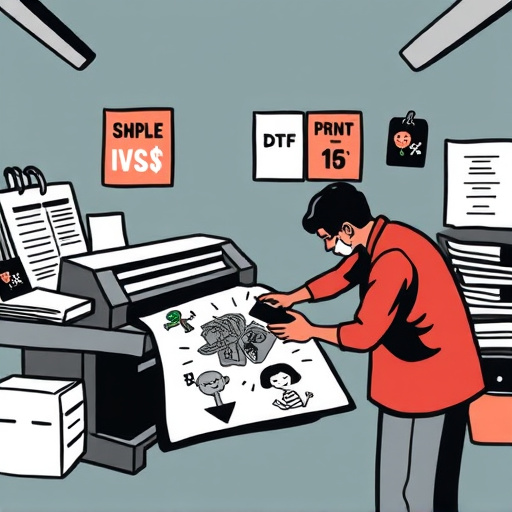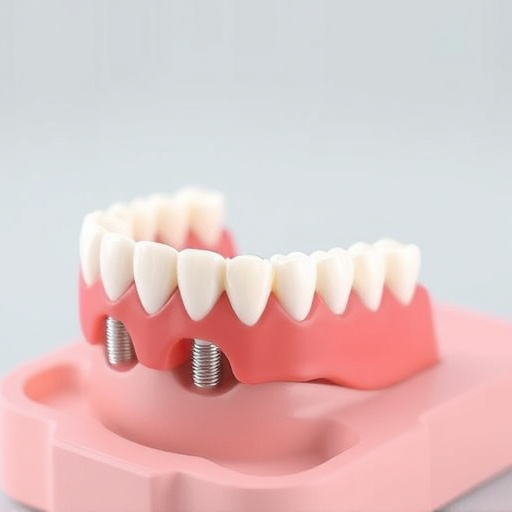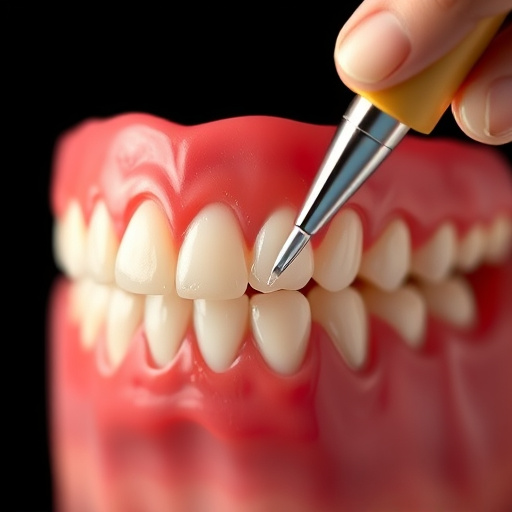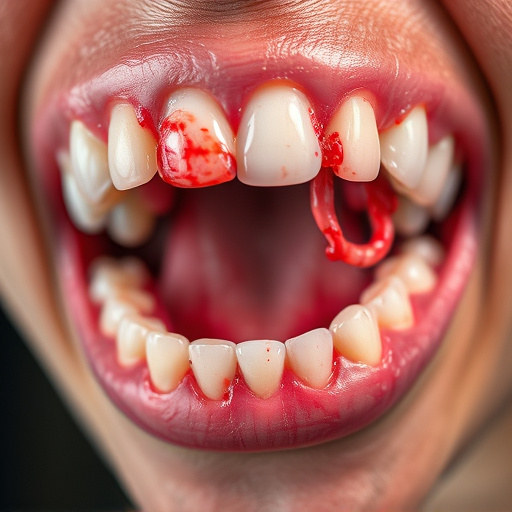Staff training is crucial for effective infection control procedures in healthcare and dental settings, particularly during specialized treatments like wisdom tooth removal. Regular comprehensive programs equip professionals with knowledge of infectious diseases, transmission routes, and prevention strategies, allowing them to adapt to changing guidelines and protect patients. Continuous training reduces infection rates, enhances patient outcomes, and cultivates a culture of safety, with tailored programs ensuring robust infection control across diverse dental services.
Infection control procedures are vital for any healthcare setting. Regular staff training plays a pivotal role in ensuring these protocols are not just understood but seamlessly integrated into daily practices. This article delves into the profound impact of staff training on infection control, highlighting essential components of effective programs. We explore strategies for continuous improvement, focusing on refining training to maximize protection against infectious diseases. By understanding these key elements, healthcare facilities can significantly enhance their infection control measures.
- Understanding Staff Training Impact on Infection Control
- Essential Components of Effective Training Programs
- Continuous Improvement: Refining Training for Maximum Protection
Understanding Staff Training Impact on Infection Control
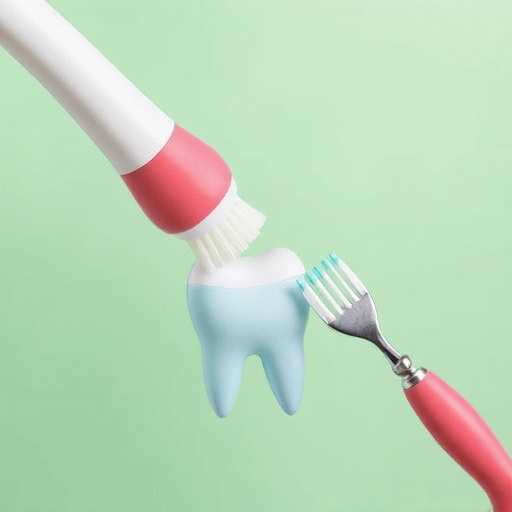
Staff training plays a pivotal role in upholding robust infection control procedures within healthcare and dental settings. Through regular, comprehensive training programs, staff gain a deep understanding of infectious diseases, transmission routes, and effective prevention strategies. This empowers them to implement best practices consistently, minimizing the risk of cross-contamination. For instance, in the realm of children’s dentistry, proper training ensures that professionals adeptly navigate procedures like wisdom tooth removal, balancing compassionate care with stringent infection control measures.
A well-trained workforce can adapt to evolving infectious landscapes, promptly adopting new protocols and staying abreast of recommendations from health authorities. This proactive approach not only safeguards patients but also fosters a culture of safety and quality in the provision of comprehensive dental care. By investing in continuous staff training, healthcare organizations can significantly reduce infection rates, enhancing patient outcomes and maintaining trust in their services.
Essential Components of Effective Training Programs

Effective training programs for infection control procedures are multifaceted and crucial to ensuring a robust and consistent approach to patient safety within any healthcare setting. The primary components of such programs include comprehensive curriculum design, interactive learning environments, regular updates with emerging research, and practical demonstrations of protocols. These elements work synergistically to equip staff members not only with theoretical knowledge but also with the practical skills needed to implement infection control measures effectively.
Moreover, engaging training methods that incorporate real-life scenarios and case studies can significantly enhance knowledge retention and problem-solving abilities. Encouraging open discussions and peer learning fosters a culture of continuous improvement where staff members feel empowered to share insights and best practices. This collaborative environment is particularly important in light of the dynamic nature of healthcare, ensuring that everyone stays updated with the latest infection control guidelines, including those related to cosmetic procedures like clear aligners and fillings, which require meticulous sterile techniques to prevent cross-contamination.
Continuous Improvement: Refining Training for Maximum Protection

Infection control procedures are an ever-evolving field, and regular staff training is a cornerstone in ensuring maximum protection against infectious diseases. Continuous improvement is vital to keeping up with new research, guidelines, and emerging pathogens. Through ongoing education, dental professionals can refine their infection control practices, incorporating the latest evidence-based strategies into their routine. This includes adapting training programs to address specific challenges within various dental specialties, such as restorative dentistry and children’s dentistry, where unique considerations exist to safeguard both patients and staff.
By fostering a culture of continuous learning, dental practices can enhance their infection control protocols, reducing the risk of cross-contamination and promoting safer working environments. This commitment to excellence ensures that dental care providers are equipped with the knowledge and skills necessary to navigate the complex landscape of infectious diseases, ultimately contributing to improved patient outcomes and a healthier community.
Regular staff training is an indispensable component of robust infection control procedures. By understanding the impact of training, implementing essential components like hands-on practice and scenario-based learning, and continuously improving training methods, healthcare facilities can ensure that their staff are well-equipped to prevent and manage infections effectively. This proactive approach not only protects patients but also fosters a culture of safety within the healthcare setting.
